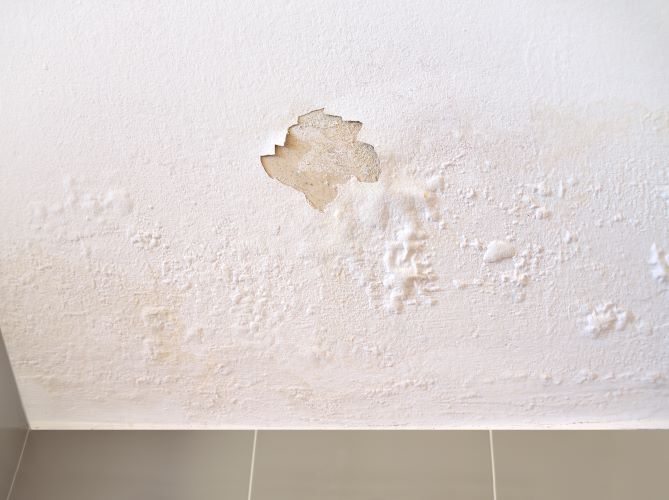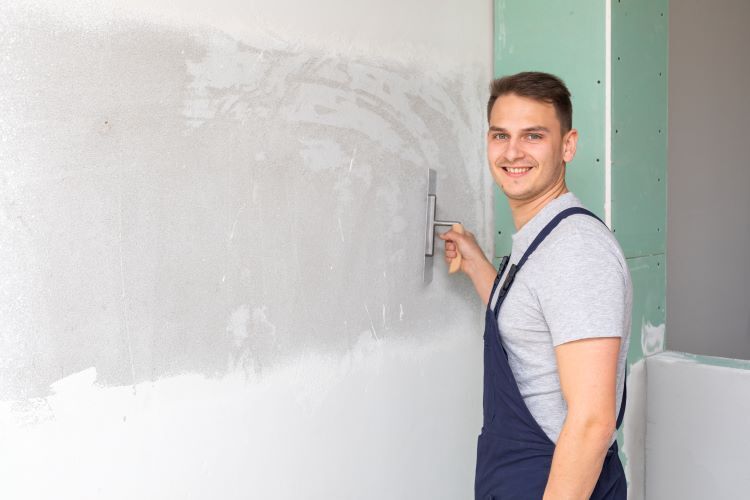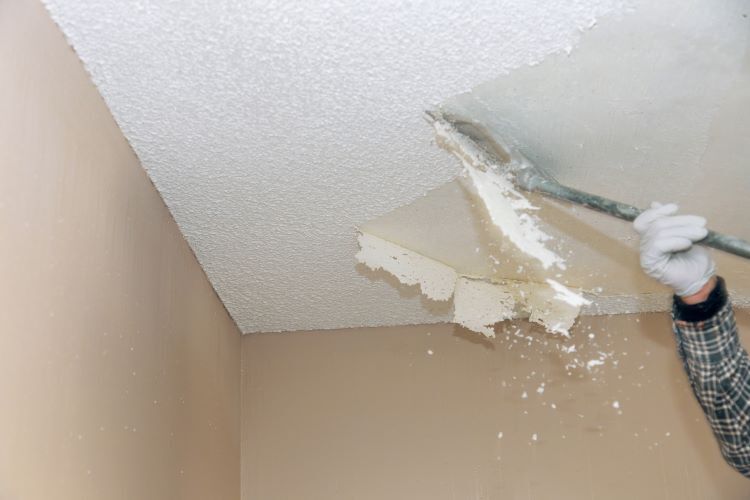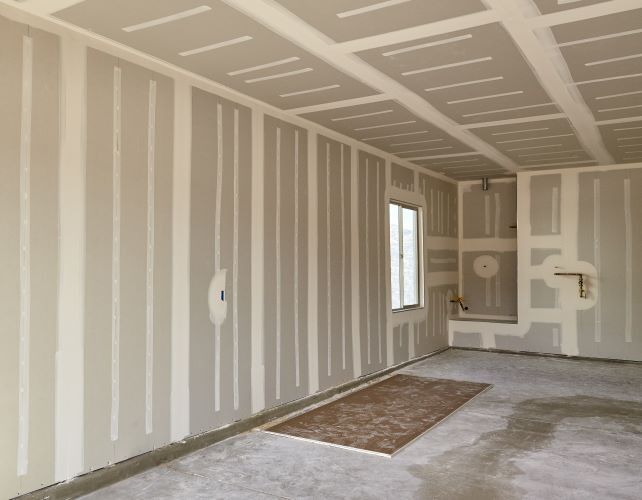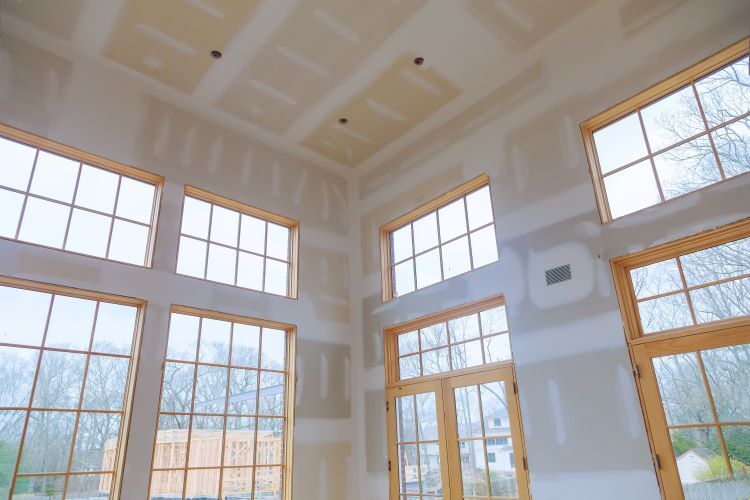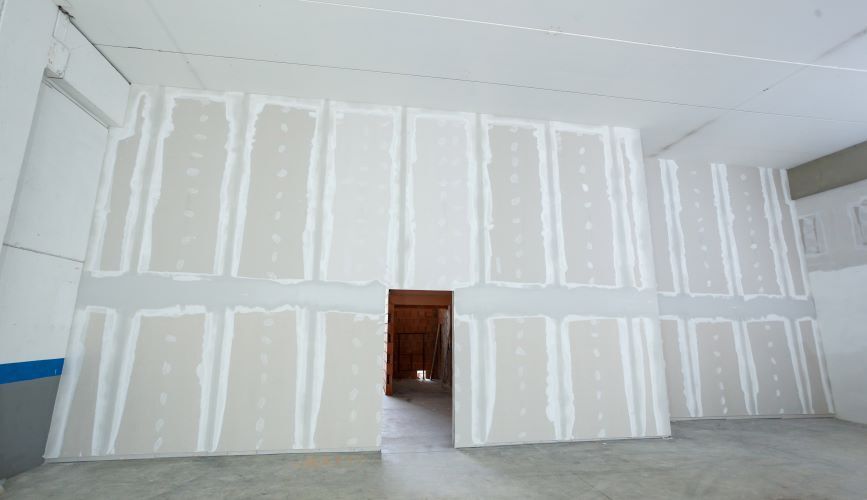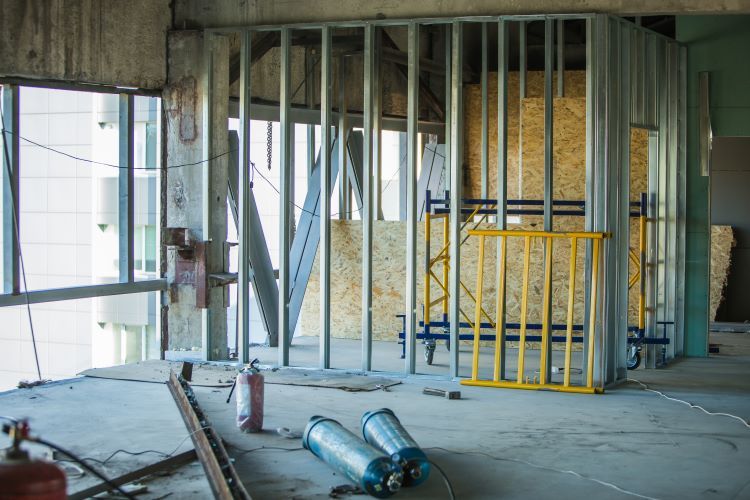How Drywall Insulation Can Lower Your Energy Bills Year-Round
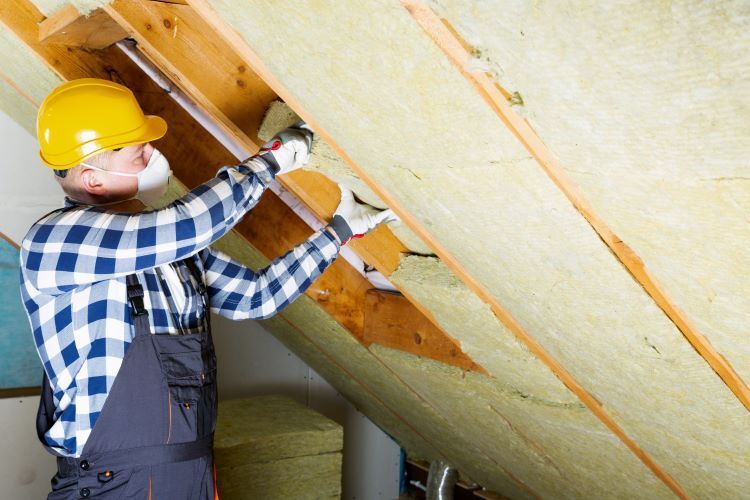
When it comes to improving energy efficiency in your home, drywall insulation is an often-overlooked solution that can make a significant impact. In London, Ontario, where winters can be harsh and summers can be hot, having proper insulation is essential for keeping your home comfortable while reducing your energy bills. For homeowners looking to increase the energy efficiency of their spaces, drywall insulation provides a cost-effective way to lower heating and cooling costs all year round.
The Importance of Drywall Insulation
Drywall insulation helps regulate the temperature in your home by providing an extra barrier between the interior living space and the outside environment. Without proper insulation, heat can escape during the winter months, and cool air can leak out in the summer. This means your heating and cooling systems must work harder to maintain comfortable temperatures, leading to higher energy bills.
Drywall insulation not only helps to create a more stable and comfortable indoor environment, but it also offers additional benefits, including:
- Reducing energy consumption: By better regulating indoor temperatures, less energy is needed for heating and cooling.
- Soundproofing: Insulated drywall helps block outside noise, creating a quieter home.
- Preventing moisture buildup: Insulation can reduce the risk of moisture accumulation inside the walls, which can lead to mold growth.
Types of Insulation for Drywall
There are several types of insulation that can be used with drywall, and each type offers its own set of benefits:
- Fiberglass Insulation: One of the most popular options, fiberglass insulation is easy to install and cost-effective. It provides excellent thermal resistance, which helps keep your home warmer in winter and cooler in summer.
- Spray Foam Insulation: Spray foam is more expensive but offers superior insulation properties. It expands to fill gaps and crevices, creating an airtight seal that prevents air leaks. This is ideal for hard-to-reach spaces and provides a high level of energy efficiency.
- Cellulose Insulation: Made from recycled materials, cellulose is an eco-friendly option that offers good thermal performance. It’s also fire-resistant, making it a safer choice for homeowners.
- Rigid Foam Boards: Rigid foam boards offer high insulation value and are often used in areas like basements and exterior walls where moisture resistance is important.
How Drywall Insulation Lowers Energy Bills
1. Reducing Heat Loss in Winter
During the winter months, heat naturally escapes from the interior of your home to the cooler outside environment. Insulating drywall acts as a barrier that reduces heat transfer, meaning your home stays warmer for longer without requiring as much energy to maintain comfortable temperatures. This can reduce the load on your heating system, leading to lower energy bills.
2. Keeping Cool in Summer
In the warmer months, insulation prevents cool air from escaping your home. By keeping your air conditioning system from working overtime, you save on energy costs and create a more sustainable home environment. Insulated drywall also blocks radiant heat from the sun, keeping your home naturally cooler.
3. Improving HVAC Efficiency
When your home is well-insulated, your heating, ventilation, and air conditioning (HVAC) system doesn’t have to work as hard to maintain your desired indoor temperature. The less strain placed on your HVAC system, the longer it lasts, and the more efficient it operates, further reducing your energy expenses.
4. Sealing Air Leaks
One of the biggest reasons for energy loss in homes is air leaks. These leaks can occur around windows, doors, and through gaps in walls. Insulated drywall helps seal these leaks, ensuring that conditioned air stays inside and unconditioned air stays out. By reducing drafts, you keep your home more energy-efficient and comfortable throughout the year.
Professional Installation for Maximum Benefits
While drywall insulation offers significant energy savings, it’s important to have it installed correctly to achieve the best results. Proper installation ensures that the insulation fits tightly against the drywall, with no gaps that could allow air to leak through. This is where a professional drywall contractor, like London Drywallers, comes in. Professionals have the expertise to recommend the right type of insulation for your home and ensure that it is installed properly.
Conclusion
Drywall insulation is an excellent investment for homeowners looking to reduce their energy consumption and lower their heating and cooling bills. Whether you’re insulating a new build or upgrading the insulation in an existing home, working with a professional ensures that you’ll enjoy maximum comfort and savings year-round. By choosing the right insulation material and ensuring proper installation, you’ll not only create a more energy-efficient home but also increase its overall value.
If you’re considering adding or upgrading drywall insulation in your home, reach out to London Drywallers to explore your options and start saving on energy costs today.
